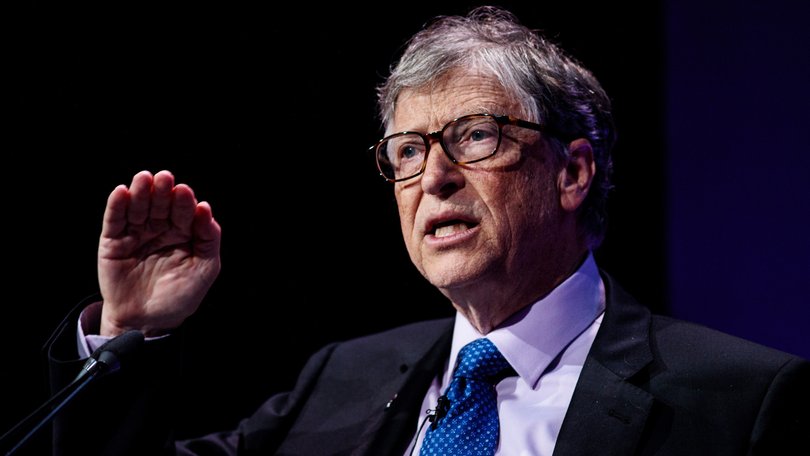THE NEW YORK TIMES: Bill Gates says climate change ‘will not lead to humanity’s demise’
THE NEW YORK TIMES: The Microsoft co-founder has spent billions raising the alarm about the dangers of climate change, now he’s pushing back against what he calls a ‘doomsday outlook’.

Bill Gates, the Microsoft co-founder who has spent billions of his own money to raise the alarm about the dangers of climate change, is now pushing back against what he calls a “doomsday outlook” and appears to have shifted his stance on the risks posed by a warming planet.
In a lengthy memo released Tuesday, Gates sought to tamp down the alarmism he said many people use to describe the effects of rising temperatures. Instead, he called for redirecting efforts toward improving lives in the developing world.
“Although climate change will have serious consequences — particularly for people in the poorest countries — it will not lead to humanity’s demise,” he wrote. “People will be able to live and thrive in most places on Earth for the foreseeable future.”
Sign up to The Nightly's newsletters.
Get the first look at the digital newspaper, curated daily stories and breaking headlines delivered to your inbox.
By continuing you agree to our Terms and Privacy Policy.Coming just four years after he published a book titled “How to Avoid a Climate Disaster,” Tuesday’s memo appears to amount to a major reframing of how Gates, who is worth an estimated $122 billion, is thinking about the challenges posed by a rapidly warming world.
Michael Oppenheimer, a professor of geosciences and international affairs at Princeton University, said Gates was setting up a false dichotomy “usually propagated by climate skeptics” that pits efforts to tackle climate change against foreign aid for the poor.
“Despite his efforts to make clear that he takes climate change seriously, his words are bound to be misused by those who would like nothing more than to destroy efforts to deal with climate change,” Oppenheimer said in an email.
In May, Gates announced plans to wind down the Gates Foundation, which has spent billions on climate-related issues, including a $1.4 billion commitment to help farmers in poor countries adapt to a hotter planet.
As the Trump administration has slashed foreign aid budgets and shuttered the U.S. Agency for International Development, Gates has redirected much of his charitable giving to fill the void left by the US government and focus on health and poverty in the developing world.
“He saw the USAID situation as more pressing, and something where he could be more effective,” said Johannes Ackva, who leads climate work at Founders Pledge, an organization that advises philanthropists.
This article originally appeared in The New York Times.
© 2025 The New York Times Company
Originally published on The New York Times
